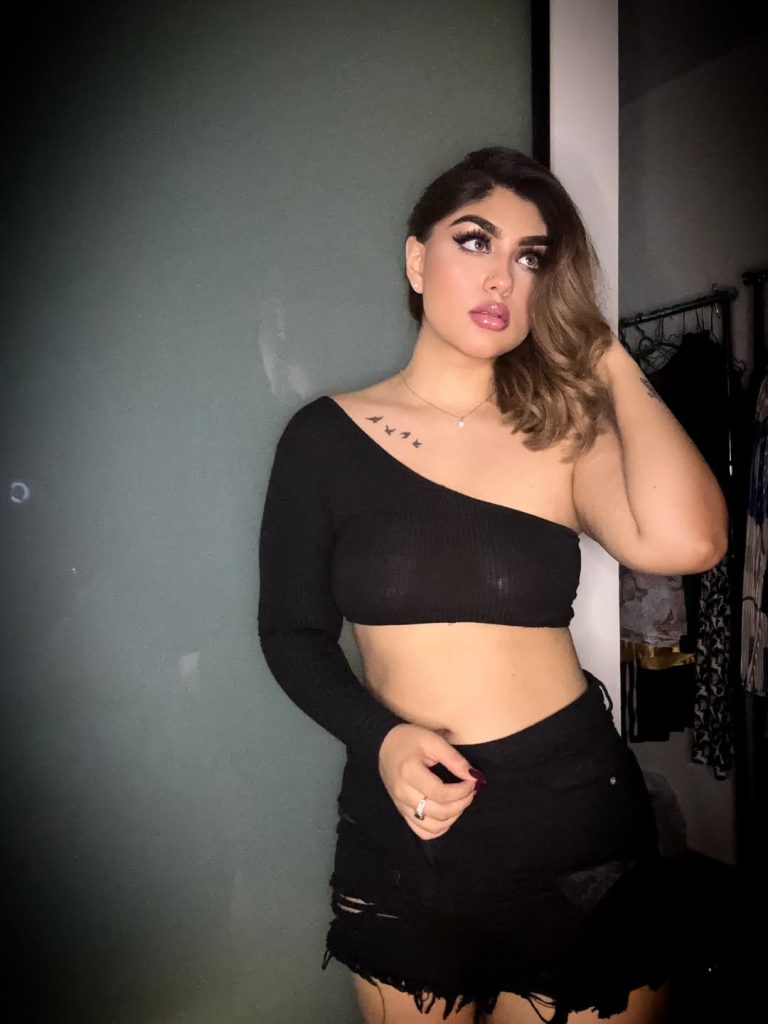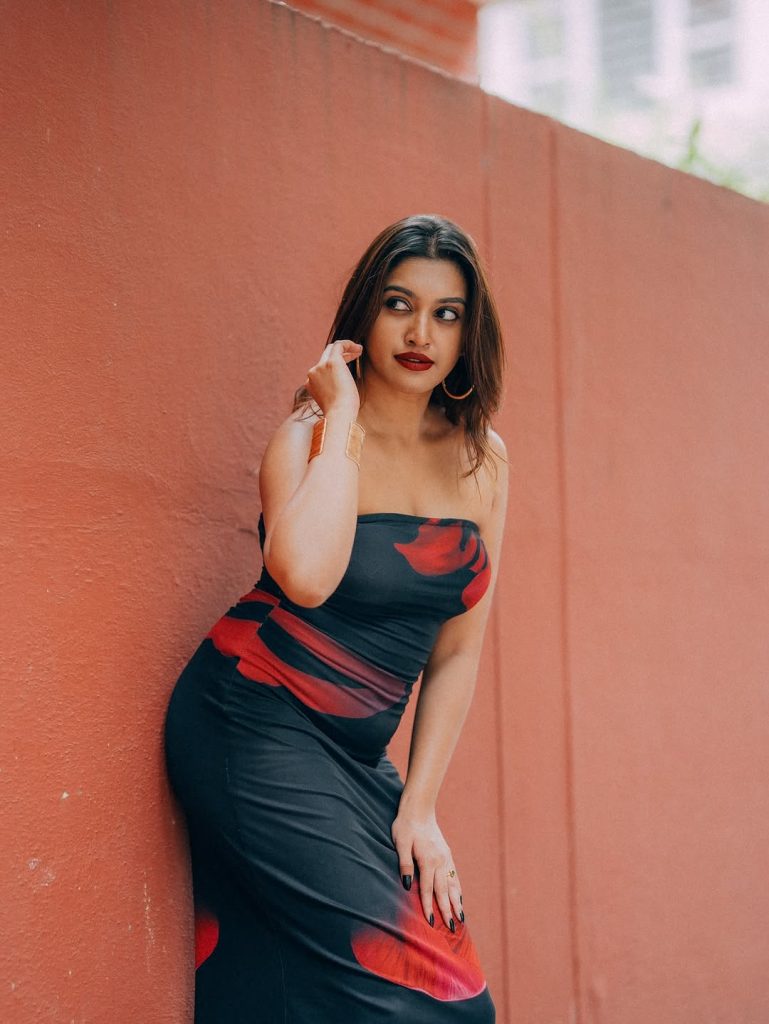


The afternoon sun in Lahore is a golden sieve, filtering through ancient Banyan trees and onto the ornate balconies of the Walled City. It paints the modern glass towers of Gulberg with a fierce, almost defiant glow. In this city of contrasts – of Sufi shrines and high fashion, of nihari stalls and international cafes – live girls whose passions burn brighter than the noonday sun, often in quiet defiance, always with unyielding devotion.
These aren’t girls content with the whispers of expectation or the well-trodden paths. They are the cartographers of their own destinies, sketching new maps on old parchment. Really Passionate Girls In Lahore
Meet Zara, her hands calloused not from labor, but from the relentless strumming of her guitar. In a country where public performance for women can still raise eyebrows, Zara found her voice in the blues, in folk, in melodies that spoke of resilience and longing. She plays in dimly lit cafes, her voice a smoky balm, her lyrics weaving tales of forgotten heroines and whispered dreams. Her passion isn’t just for music; it’s for the freedom that music offers, a space where vulnerability is strength and every note is an act of courage. Her family, initially hesitant, now watch from the back, a quiet pride blooming in their eyes as Zara’s melodies fill the room, drawing in strangers who find solace in her raw honesty.
Then there’s Aisha, her fingers perpetually stained with ink, not from schoolwork, but from the intricate dance of naqashi and miniature painting. While her peers might pore over fashion magazines, Aisha pores over ancient manuscripts, extracting the essence of Mughal artistry, then reimagining it with a modern hand. Her studio, a small, sun-drenched room in her ancestral home, is a sanctuary of vibrant hues and delicate brushes. She paints stories – of women gazing at horizons unseen, of cities thriving under starlit skies, of forgotten poets’ verses brought to life through her brushstrokes. Her passion is a dialogue with history, a way to keep the exquisite beauty of Lahore’s heritage alive, not as a relic, but as a living, breathing art form, one delicate stroke at a time.
Cross town, in a buzzing tech incubator, sits Sana. Her workspace is a constellation of monitors, circuit boards, and the faint smell of burnt solder. Sana is a coder, a future architect of digital worlds. She sees patterns where others see chaos, algorithms where others see noise. Her passion is for innovation, for problem-solving, for building bridges in the digital divide. She’s developing an app to connect women artisans in rural Punjab with global markets, facing skepticism with a determined smile and late nights fueled by chai. Her quiet intensity, her logical mind, and her unwavering belief in technology’s power to empower are her superpowers. She’s not just writing code; she’s writing futures, one line at a time.
And finally, Hina, whose passion blossoms in the community kitchen she helped establish in a low-income mohalla. Her energy is infectious, her laughter a bright chime. Hina believes in the power of good food and collective action. She organizes cooking classes for young women, teaching them not just recipes, but nutrition, hygiene, and the value of self-sufficiency. Her passion isn’t for personal glory but for communal upliftment. She dreams of a Lahore where no child goes hungry, where every woman has the skills to feed her family and earn respect. Her kitchen, filled with the aroma of spices and the chatter of women, is a testament to her belief that true change begins at the grassroots, one shared meal, one empowered woman at a time.


